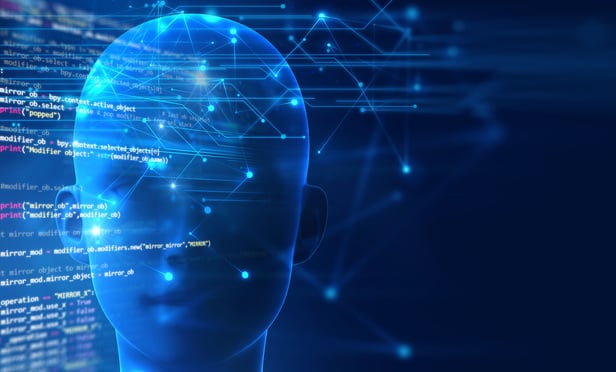Lawyers today can be forgiven for thinking artificial intelligence (AI) is taking over their industry. From AI contract review squeezing the demand for outside counsel to governments calling for laws to regulate and limit how AI is deployed, there is much to fuel this apprehension. Not to mention that oftentimes, it seems that the capabilities of AI are limitless. While AI solutions such as ROSS market themselves as an ” artificially intelligent attorney,” others are popping up that are capable of predicting the outcome of trial cases with up to an 80 percent accuracy.
But what is commonly missing from the conversation over AI is the context of how it compares and contrasts to human intelligence. While overlapping in some regards, the two intelligences hold vastly different and unique strengths which, for the time being, cannot be matched by one another.
This content has been archived. It is available through our partners, LexisNexis® and Bloomberg Law.
To view this content, please continue to their sites.
Not a Lexis Subscriber?
Subscribe Now
Not a Bloomberg Law Subscriber?
Subscribe Now
LexisNexis® and Bloomberg Law are third party online distributors of the broad collection of current and archived versions of ALM's legal news publications. LexisNexis® and Bloomberg Law customers are able to access and use ALM's content, including content from the National Law Journal, The American Lawyer, Legaltech News, The New York Law Journal, and Corporate Counsel, as well as other sources of legal information.
For questions call 1-877-256-2472 or contact us at [email protected]



